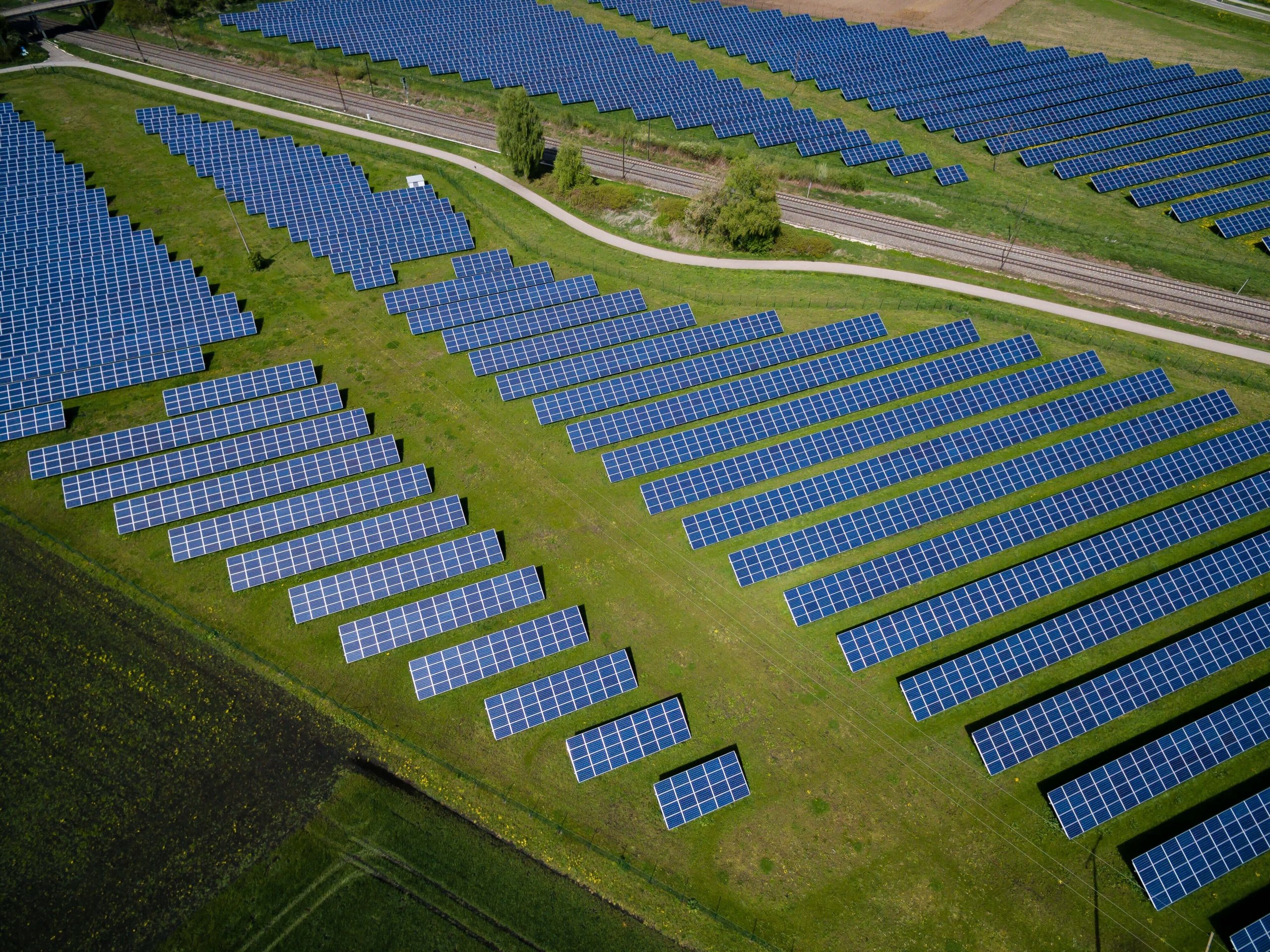Welcome to the dark and murky world of North Korea’s illicit oil trade – a hidden economy that fuels the regime’s oppressive machinery. In this blog post, we’ll take you on an eye-opening journey into how the rogue state procures, smuggles, and profits from its illegal oil operations. From secret ship-to-ship transfers to intricate web networks of shell companies, we’ll expose the inner workings of this shadowy industry and shed light on its dangerous implications for global security. So buckle up and get ready for a revealing glimpse into one of the most secretive economies in our world today.
North Korea’s illicit oil trade
In recent years, North Korea’s illicit oil trade has become a significant source of revenue for the Kim Jong Un regime. The trade is carried out by a network of smugglers and traders who operate in China and Russia, often using falsified documents to conceal their activities.
North Korea’s oil industry is decades old, but production levels have remained low due to lack of access to foreign technology and spare parts. In response, the Kim Jong Un regime has turned to its illicit oil trade to supplement its dwindling coffers. By exporting oil illegally through third countries, North Korea can earn hard currency that it can use to purchase goods that it cannot obtain through legal means.
The North Korean government earns an estimated $1 billion annually from its oil trade, which helps it purchase food and other necessary goods. However, the black market price for crude oil remains high compared to internationally-traded prices, which allows rogue traders and smugglers to make sizable profits. As a result, the North Korean government has been forced to expand its operations beyond oil sales in order to generate greater income.
Despite being illegal under international law, the North Korean government continues to pursue an expansive oil trade strategy because it believes it is essential for sustaining its grip on power. The regime sees sanctions as a blunt tool that can be used against targets such as Pyongyang but not against corrupt officials who are enriching themselves at the expense of the country’s citizens.
The smuggling routes
The smuggling routes
North Korea’s illicit oil trade is a shadowy but vital part of the regime’s economy. The country exports tens of thousands of barrels each day, much of it to China and Russia. But the black market also includes lucrative sales to South Korea and other countries in the region. Here are four ways the oil trade funds North Korea’s nuclear ambitions and other illicit activities:
1)Smuggling crude oil across the border into China is one route used to generate revenue for North Korean operators. According to a report by 38 North, a Washington-based research group, Chinese traders buy up oil at heavily discounted prices and then sell it on to customers in South Korea and elsewhere at a higher price. This creates an estimated $2 billion worth of illegal income for North Korean leaders every year.
2)Another way that money flows into North Korea is through exports of refined petroleum products such as gasoline and diesel fuel. These products are smuggled across the border into China before being sold in South Korea and elsewhere in Asia. According to experts, this illicit activity generates as much as $500 million annually for the Kim Jong Un regime.
3)Money can also be earned by selling goods that are manufactured using imported oil supplies. For example, Samsung Electronics manufactures smartphones using parts from various foreign suppliers, including those that use crude oil from countries like Venezuela. In some cases, these companies have been forced to stop production due to shortages of essential materials like gasoil or diesel
The oil products North Korea is exporting
North Korea is one of the few countries in the world that still exports oil. The country has been exporting oil for decades, but it only began to garner attention from sanctions-era observers in recent years as its crude oil shipments have become more erratic and sensitive to price fluctuations.
In total, North Korea exported $1.7 billion worth of petroleum products in 2016, according to the UN Office for Drugs and Crime (UNODC). This amounted to 9% of the country’s total exports and 2% of its GDP. The majority of North Korea’s oil exports go to China, which accounted for 88% of all shipments. However, other countries also import North Korean oil: Japan (5%), South Korea (2%), India (1%) and Russia (1%).
For most consumers, it is difficult to identify where North Korean crude oil originates because the country does not share any information on its exports or imports with international organizations such as the UN or World Bank. This lack of transparency makes it difficult to determine whether Pyongyang is abiding by UN sanctions that prohibit the export of commodities that could contribute to economic instability or poverty in other countries. It also makes it difficult for governments and financial institutions around the world to track illegal activities conducted with North Korean funds overseas.
The opacity surrounding North Korea’s petroleum trade means we do not know much about how Pyongyang generates revenues from this sector or what impact its exports have on domestic consumption levels or inflation rates. In theory, however,
The money trail
The illicit oil trade is a critical engine of North Korea’s economy. The regime earns millions of dollars through the sale of oil and other commodities to China, Russia, and other countries that support its nuclear and missile programs.
To conceal the illicit trade, Pyongyang has developed a well-oiled network of front companies, smugglers, brokers, and middlemen. This shadowy industry employs thousands of people in dozens of countries and generates an estimated $2 billion annually for the Kim family dictatorship.
There is little evidence that North Korea’s oil exports are being used to fund its nuclear program. But the money earned from the illegal trade helps keep the regime afloat while it builds missiles capable of reaching American soil.
The smuggling networks are also responsible for moving goods into and out of North Korea in violation of United Nations sanctions. In recent years, Chinese authorities have stepped up their efforts to dismantle these networks, making it more difficult for North Korea to skirt sanctions.
Conclusion
North Korea’s illicit oil trade is one of the least well-known aspects of its economy, but it is an important one. The regime relies on revenue from exports of oil, coal, and other goods to fund its aggressive domestic policy agenda and support for its military. Fueling this trade are a number of illegal activities: smuggling, bribery, extortion, and money laundering. With North Korea’s recent announcement that it will stop nuclear testing and start negotiating with South Korea and the United States, it is important to understand how Pyongyang generates revenue to finance these actions.










